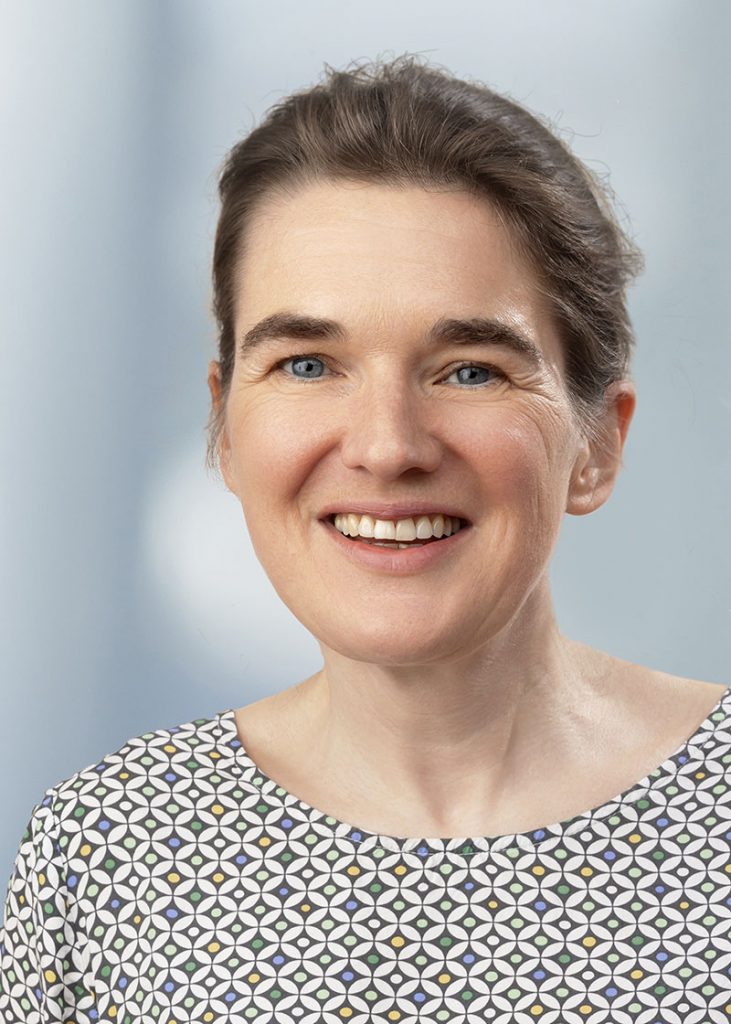
Ilka Diester
Head
Optophysiology - Optogenetics and Neurophysiology
University of Freiburg
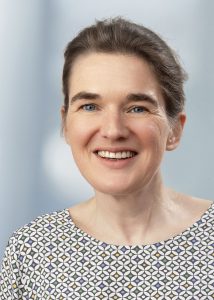
BrainWorlds is an interdisciplinary research initiative aiming at a better understanding of internal world models for humans, animals, and artificial systems in reaction to a changing environment. These models are crucial for planning and predicting events and are constantly updated through sensory information, experiences, and emotions. However, they are not exact representations but abstract constructs tied to the nervous system’s components. Incorrectly constructed models can lead to neuropsychiatric issues and dysfunctional AI systems.
The objective of BrainWorlds is to gain integrated mechanistic insights into internal world models in biological and artificial individuals – from deep networks to autonomous robots – thus enabling the development of next-generation AI and AI-based neuromodulation in personalized medicine. During our conference we will discuss questions like: “What is a good representation/ internal world model?”, “Formation, maintenance and adaptation of representations and internal world model – What do we know already?”, “What is a maladapted representation/internal world model?”
Our workshop is designed as a unique opportunity to think beyond your own discipline and to look for synergies with other research fields. Internal world models are a requirement for biological and artificial intelligence to enable flexible behaviour. Come and discuss the underlying principles of internal world models with cutting-edge experts from neuroscience and AI!
The workshop is part of our interdisciplinary BrainWorlds Research Initiative which aims at a better understanding of internal world models for humans, animals, and artificial systems in reaction to a changing environment. These models are crucial for planning and predicting events and are constantly updated through sensory information, experiences, and emotions. However, they are not exact representations but abstract constructs tied to the nervous system’s components. Incorrectly constructed models can lead to complex neuro-psychiatric conditions and dysfunctional AI systems.
The objective of the BrainWorlds Research Initiative is to gain integrated mechanistic insights into internal world models in biological and artificial individuals – from deep networks to autonomous robots – thus enabling the development of next-generation AI and AI-based neuromodulation in personalized medicine. During our conference we will discuss questions like: “What is a good representation/internal world model?”, “What do we know already about the formation, maintenance and adaptation of representations and internal world models?”, “What is a maladapted representation/internal world model?”
Our Commitment to Excellence: We are dedicated to pushing the boundaries of knowledge across diverse fields of study. Through cutting-edge research, innovative teaching, and collaborative endeavors, we continually strive to conduct research that propels our institution to the forefront of academic achievement.
Within the BrainWorlds Research Initiative, we are driven by a passionate commitment to advancing knowledge, nurturing talent, and fostering an inclusive academic community. Our mission is clear: performing leading/excellent research in the field of neuroscience and AI, while simultaneously championing diversity and relentlessly supporting young scientists on their path to independence in order to train and attract the next generation of excellent scientists.

Head
Optophysiology - Optogenetics and Neurophysiology
University of Freiburg

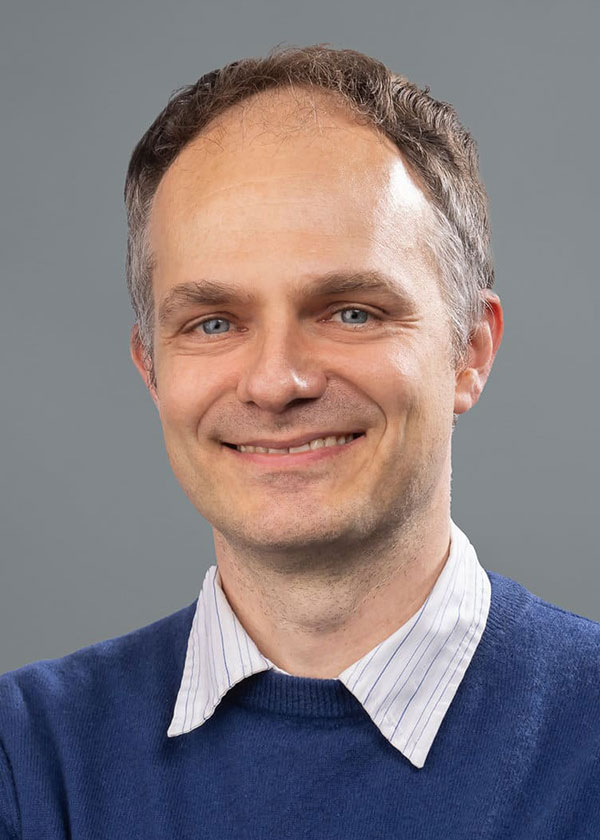
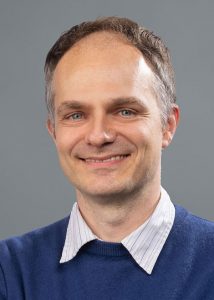
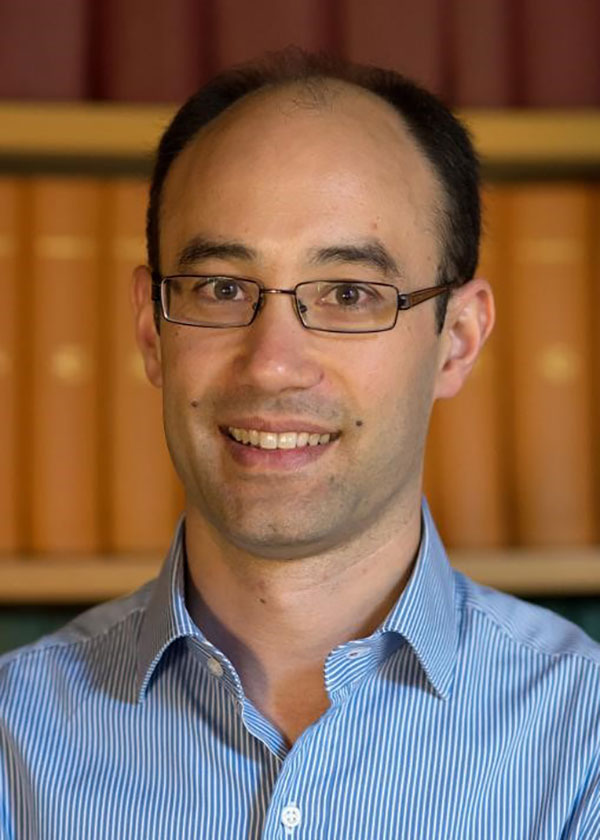
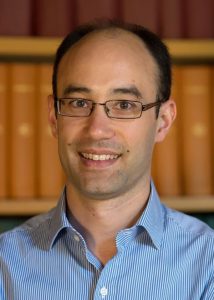
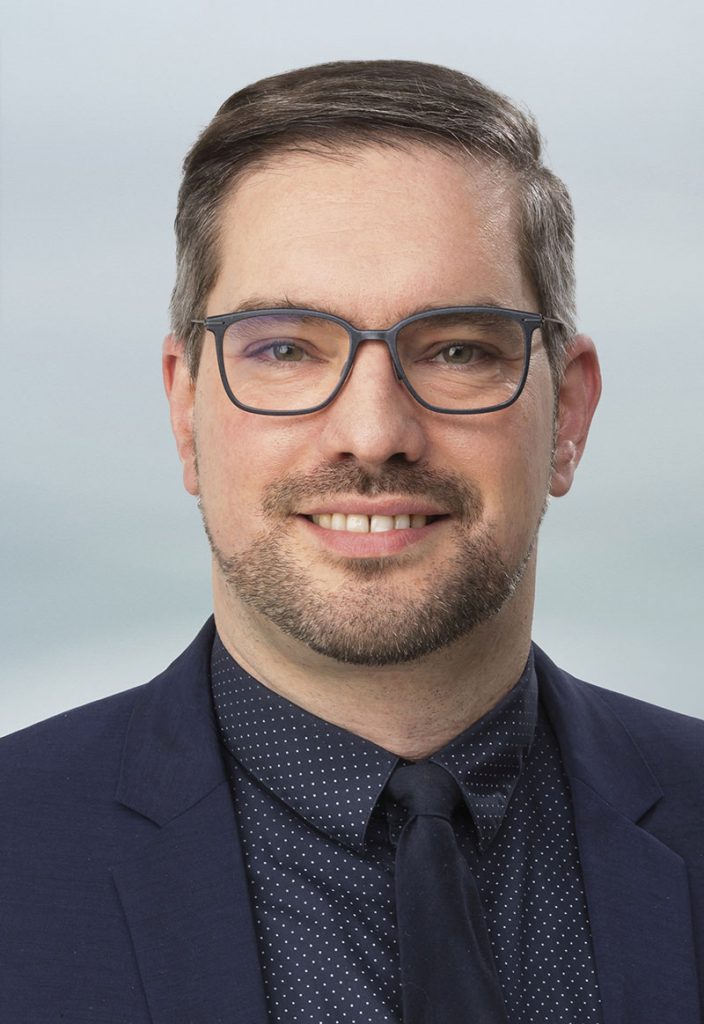
Institute for Anatomy and Cell Biology
University of Freiburg
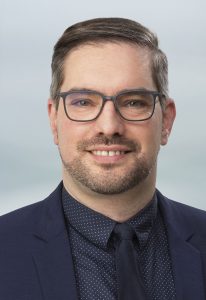
| 9:00-9:15 | Ilka Diester, University of Freiburg Welcome address (15’) |
| 9:15-9:30 | Joschka Boedecker, University of Freiburg Fantastic representations and how to learn them (10’ + 5’ Q&A) |
| 9:30-09:55 | Matthew Rushworth, University of Oxford, remotely Identifying and disrupting internal models in humans and other primates: extending into the social domain (15’ + 10’ Q&A) |
| 09:55-10:10 | Thomas Brox, University of Freiburg Are learned representations in AI internal world models? (10’ + 5’ Q&A) |
| 10:10-12:25 | Monika Schönauer, University of Freiburg How prior knowledge about the structure of our environment supports new learning and the formation of stable neocortical representations (10’ + 5’ Q&A) |
| 10:25-10:50 | Discussion (25‘) |
| 10:50-11:05 | Coffee break (15‘) |
| 11:05-11:30 | Andrea Vedaldi, University of Oxford, remotely A statistical learning perspective on reconstructing the 3D world (15’ + 10’ Q&A) |
| 11:30-11:55 | Tim Behrens, University of Oxford Generalisation and inference in the frontal hippocampal circuitry (15’ + 10’ Q&A) |
| 11:55-12:10 | Marlene Bartos, University of Freiburg Spatial and contextual representation of the virtual world in the mouse hippocampus (10’ + 5’ Q&A) |
| 12:10-15:25 | Andrew Straw, University of Freiburg A diversity of insect species and route learning behaviors but a conserved neural substrate (10’ + 5’ Q&A) |
| 12:25-12:55 | Discussion (30‘) |
| 12:55-14:00 | Lunch break (1h5‘) |
| 14:00-14:25 | Helen Barron, University of Oxford, remotely Building internal models during periods of rest and sleep (15’ + 10’ Q&A) |
| 14:25-15:00 | Bernhard Staresina, University of Oxford Andreas Schulze-Bonhage, University of Freiburg Brain rhythms supporting memory consolidation during sleep (25’ + 10’ Q&A) |
| 15:00-15:15 | Andrea Kiesel, University of Freiburg Action control model (10’ + 5’ Q&A) |
| 15:15-15:30 | Christian Leibold, University of Freiburg Hierarchical formation world models: A hypothesis based on the hippocampal space code (10’ + 5’ Q&A) |
| 15:30-16:00 | Discussion (30‘) |
| 16:00-16:20 | Coffee break (20‘) |
| 16:20-16:45 | Andrew Sharott, University of Oxford Global neuronal population dynamics predicts prospective reward magnitude and goal approach (15’ + 10’ Q&A) |
| 16:45-17:00 | Adam Kortylewski, University of Freiburg General artificial vision with generative worlds models (10’ + 5’ Q&A) |
| 17:00-17:20 | Ingmar Posner, University of Oxford Embodied intelligence: From sensing to collaboration (15’ + 5’ Q&A) |
| 17:20-17:35 | Abhinav Valada, University of Freiburg Robot learning from interactions (10’ + 5’ Q&A) |
| 17:35-18:00 | Discussion (25‘) |
| 19:00-21:00 | Evening “Discuss and Connect” (upon invitation) |
| 9:00-9:15 | Johannes Letzkus, University of Freiburg, remotely Top-down control of neocortical threat memory (10’ + 5’ Q&A) |
| 9:15-9:40 | Matthew Nour, University of Oxford Cognitive and neural map representations in schizophrenia (15’ + 10’ Q&A) |
| 9:40-9:55 | Ludger Tebartz van Elst, University of Freiburg Visual disambiguation deficits as examples of perceptual and cognitive dysfunctional world models in schizophreniform psychosis (10’ + 5’ Q&A) |
| 9:55-10:10 | Andreas Vlachos, University of Freiburg Targeting internal world models with brain stimulation – reverse and horizontal translation (10’ + 5’ Q&A) |
| 10:10-10:40 | Discussion (30’) |
| 10:40-10:50 | The Rector’s address to the workshop participants (10’) |
| 10:50-11:00 | Group picture of BrainWorlds (10’) |
| 11:00-11:20 | Coffee break (20’) |
| 11:20-11:35 |
Veronika Lipphardt, University of Freiburg
Internal world models from a history of science perspective (10’ + 5’ Q&A) |
| 11:35-11:50 | Philipp Kellmeyer, University of Freiburg Ethical implications of epistemic gaps in human-AI interaction (10’ + 5’ Q&A) |
| 11:50-12:15 | Ilina Singh, University of Oxford, remotely Ethics of function and dysfunction in models of psychiatric illness (15’ + 10’ Q&A) |
| 12:15-12:45 | Discussion (30‘) |
| 12:45-14:00 | Lunch break (1h15‘) |
| 14:00-15:00 | Summarizing session (Part 1) |
| 15:00-15:15 | Coffee break |
| 15:15-16:15 | Summarizing session (Part 2) |
| 14:00-15:00 | Science reflection (1h) |
| 15:00-15:15 | Coffee break |
How do scientists bridge the gap between data and interpretation? What plays into decision making in research? Reflecting upon science is (or should be) part of any research endeavour in any discipline. It can be done more or less systematically, but anyway it helps researchers to take a step back, view their work from a different angle or from a distance, so that pitfalls become visible early on. Even more so if it proceeds in dialogue with others. We invite you to discuss with us the importance of science reflection as an integral part of BrainWorlds and how scientists at all career levels benefit from it.
| 15:15-16:15 | Next generation needs (1h) |
How can BrainWorlds better address the needs of the next generation of scientists? In an interactive exchange, we would like to discuss our measures with you and learn from you where there might still be a need to catch up. It is especially important to us to keep in mind the diversity of our consortium of scientists and to make it as colorful as possible through innovative funding measures. Only by taking in as many different perspectives as possible can we successfully answer our research questions together. Join us for an inspiring exchange of ideas and help shape the future of science!
| 16:15-16:30 | Ilka Diester, University of Freiburg Closing remarks (15’) |
How do scientists bridge the gap between data and interpretation? What plays into decision making in research? Reflecting upon science is (or should be) part of any research endeavour in any discipline. It can be done more or less systematically, but any way it helps researchers to take a step back, view their work from a different angle or from a distance, so that pitfalls become visible early on. Even more so if it proceeds in dialogue with others. We invite you to discuss with us the importance of science reflection as an integral part of BrainWorlds and how scientists at all career levels benefit from it.
BrainWorlds is committed to providing the best possible support for early-career scientists. This includes preparing the future leaders in research for engaging with society and ethical reflection on their own scientific work. As part of our workshop, we have scheduled two dedicated sessions for this purpose. However, we emphatically encourage experienced researchers to participate and enrich the discussions with their expertise.
Empowering Early Career Researchers: We recognize the immense potential of early career researchers and are committed to nurturing their growth. Our comprehensive support system equips them with the resources, mentorship, and opportunities they need to flourish, enabling them to chart their own path towards becoming independent, impactful scholars.
Join us on this exciting journey of knowledge creation, diversity celebration, and researcher empowerment. Together, we aspire to create a brighter future for academia, where excellence knows no boundaries, and everyone has the chance to shine and contribute.
The University of Freiburg offers child care during events which is organized by The Family Service.
Please contact the workshop organizers if you a need child care during the workshop and we will help you to find a solution.
IMBIT//BrainLinks-BrainTools
University of Freiburg
Georges-Köhler-Allee 201
79110 Freiburg i. Br.
For our international guests, we booked rooms at Park Hotel Post in the City Centre: Eisenbahnstraße 35/37, 79098 Freiburg
We also recommend Hotel Stadt Freiburg within the walking distance to the venue: Breisacher Str. 84, 79110 Freiburg